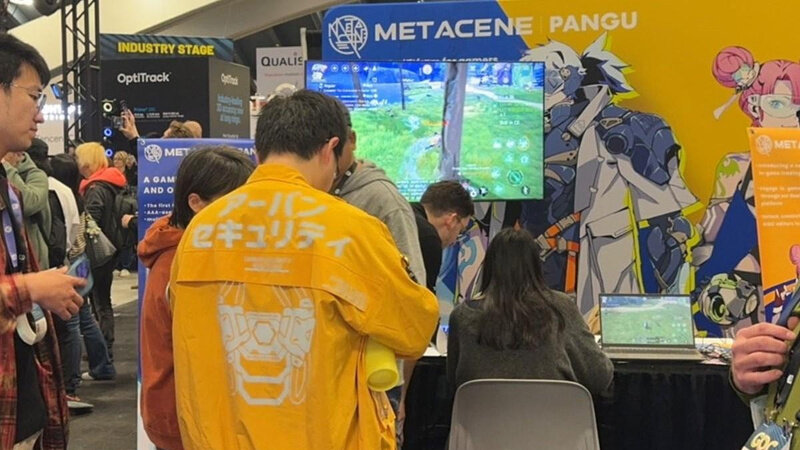Game Developers Conference took place in San Francisco this month. Amidst all of those that attended this year, MetaCene offered the gaming world a glimpse into a future where blockchain and immersive gaming merge into one.

Credit: Metacene
What is MetaCene?
MetaCene is a meta-MMO platform designed for all gamers. You can make your own civilization complete with a number of NFTs. MetaCene was founded by gaming experts with experience at Shanda Games, Blizzard, Perfect World, and others.
“Participating in GDC is like an old friend reunion. It allows us to immerse ourselves in the gaming community’s vibrant energy and share how our visions of the future align. Our booth at GDC was the gateway to the expansive universe of MetaCene, where attendees were invited to be the first to step into the Alpha Test V.3 version’s immersive world on PC and mobile, immersing themselves in a universe defined by breathtaking graphics, seamless multiplayer interactions, and a dynamic in-game economy. This version represents the culmination of our team’s hard work, dedication, and passion for creating unforgettable gaming experiences. Accessibility, engagement, and innovation are our pledges to gamers across the globe, ” said Alan Tan, the founder and CEO of MetaCene.
All New Alpha Test
MetaCene is specially designed for every kind of gamer. The intention is to celebrate a shared love for immersive storytelling and interactive gameplay. All of this was first debuted during the Game Developers conference in mid-March.
As a competitive game, Metacene was introduced to the crowd with a mini tournament. The PVP gameplay was a little taste of what’s to come from the game upon launch. You’ll need a mobile device in order to play, but with the increasing amount of competitive mobile games in the esports space, this is a great way to take part. Titles such as VALORANT may also finally be coming to mobile in 2024.
The overall goal is really to innovate gaming experiences for all types of gamers.
Looking ahead, the Alpha Test V.3 will be starting from the end of March 2024.
This article was originally published here